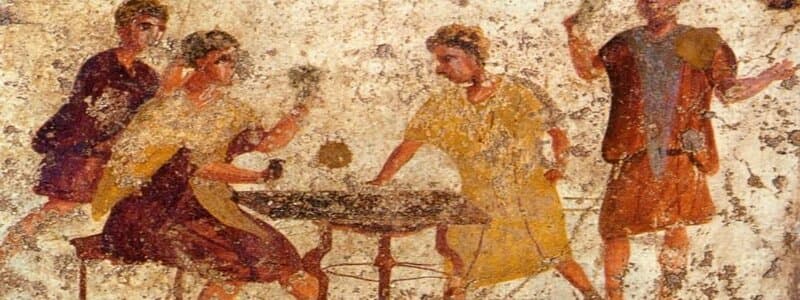It is known that gambling has existed since ancient times based on the discoveries of archaeologists and historical evidence. The oldest dice were found during excavations in Mesopotamia, 4000 BC.
Babylonian soldiers betted on horse racing, evidence of gambling can be found in the hieroglyphs on the Cheops pyramid.
Julius Caesar, Mark Antony, and Nero played dice.
The Catholic Church has not officially issued a single separate document on gambling or online casinos, but in principle condemns it because it sees a high risk of addiction.
Some people compare gambling to the snowball effect. As the snowball goes down the hill, it gets larger and rolls faster, making it difficult to control.
The metaphorical snowball effect is a process that starts with an initial state of little value and builds up on its own, becoming more massive (more serious), and possibly potentially dangerous or catastrophic.
The gambler – an addicted man pays all his attention to this particular occupation. Nothing matters to such a man, nor work, nor family, or even money. The player cuts himself off from the family, does not care about its development.
Just like alcohol, drugs, or sex, gambling is devastating, causing illness in the whole person.
It is also worth remembering the Youcat catechism for youth, prepared on the occasion of World Youth Day 2011 in Madrid. It states that “betting and gambling is immoral and dangerous when a player risks their livelihoods. It is even worse if he risks the livelihoods of others, especially those entrusted with his care.
From which we can conclude that religion does not prohibit or condemn such activity, as long as it does not turn into an addiction and does not affect other areas of life.


No Responses